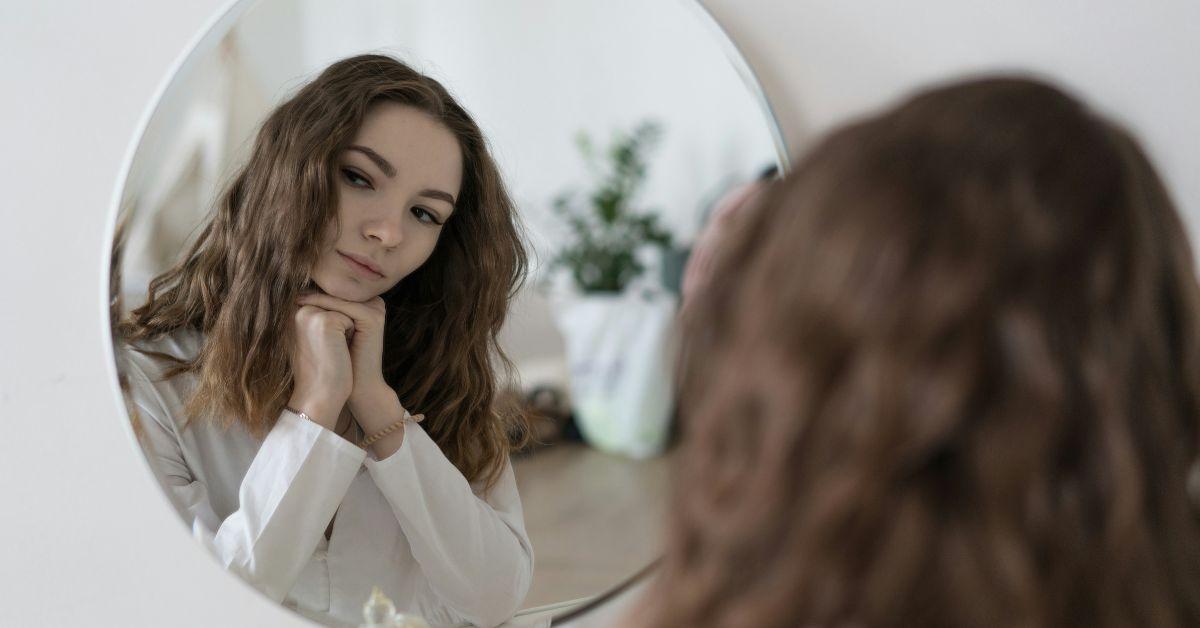By: Jennifer Chu
In today’s image-obsessed society, the constant flood of flawless, airbrushed celebrity images sets unattainable beauty standards, leaving many people feeling insecure and dissatisfied with their appearance.
What if we could break free and embrace self-acceptance instead?
The Illusion of Celebrity Perfection
Consider Kim Kardashian, who has been open about her use of shapewear and photoshop to achieve her signature hourglass figure. In a now-infamous episode of Keeping Up with the Kardashians, Kim expressed gratitude for being told she looked “anorexic,” showcasing the toxic mindset that equates thinness with beauty. Recent TikTok research shows that viewing idealized beauty videos worsens young women’s body image and mood, highlighting social media’s negative impact on self-esteem.
Similarly, Zac Efron’s recent appearance sparked rumors of plastic surgery, but he clarified it was due to a jaw injury requiring surgery. His case highlights how Hollywood’s beauty standards, often enhanced by cosmetic procedures, can fuel public insecurities and distort societal perceptions of beauty, leading to anxiety and dissatisfaction.
The Mental Health Impact of Beauty Standards
The constant pursuit of physical perfection can lead to anxiety, depression, and body dysmorphia. Social media amplifies this effect, as we are exposed to filtered images that distort reality. Research shows that frequent exposure to unrealistic beauty standards can lower self-esteem, particularly among young people. Recent TikTok research shows that viewing idealized beauty videos worsens young women’s body image and mood, highlighting social media’s negative impact on self-esteem.
Tips for Cultivating Self-Acceptance
1 – Information on Unrealistic Beauty Standards
Recognize that media images are often heavily edited and curated. Question the unrealistic standards and remember beauty comes in many forms. Celebrities have access to resources like trainers and dieticians, making their looks unattainable for most.
2 – Curate your Feed
Pay attention to how different images make you feel. Follow accounts that promote body positivity and self-acceptance, and unfollow those that trigger negative feelings about your appearance.
3 – Practice Gratitude for Your Body
Instead of focusing on perceived flaws, appreciate what your body does for you. Cultivate gratitude for your health, strength, and unique features. This shift in mindset fosters a positive relationship with your body.
4 – Limit Social Media Exposure
Reducing the time spent on social media can help alleviate feelings of inadequacy. Research suggests that limiting social media use to just one hour a day can improve body image and reduce emotional distress among adolescents and young adults.
5 – Focus on Inner Qualities
Remember that your worth isn’t defined by your appearance. Cultivate qualities like self-compassion, kindness, and resilience. Celebrities like Emma Watson, who focus on their achievements and contributions, provide a refreshing perspective beyond appearance.
6 – Find the Real Cause of Insecurities
Reflect on deeper issues that may contribute to feelings of inadequacy. Often, body image struggles stem from unresolved trauma or self-esteem issues. Seeking professional support can be beneficial in addressing these underlying concerns.
Embracing Authenticity
Breaking free from the beauty trap involves rejecting unrealistic standards and embracing your true self. True beauty lies in your uniqueness, strength, and the way you live your life—not in comparing yourself to unattainable ideals.
Next time you feel overshadowed by celebrity perfection, remember: the real glow-up comes from owning who you are, flaws and all.
Article supplied with thanks to The Centre for Effective Living.
Feature image: Photo by Erinada Valpurgieva on Unsplash
About the Author: Jennifer Chu is a psychologist who is passionate about therapy, experienced in a range of mental health issues including anxiety, depression, social adjustment issues, stress management, and cross-cultural issues and more.

